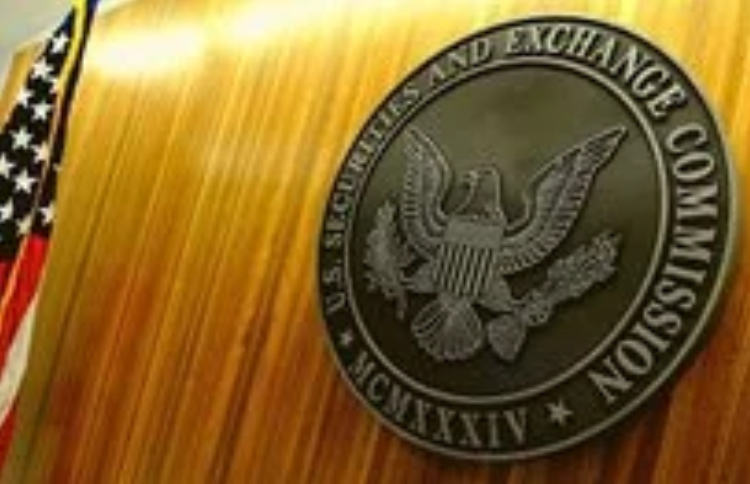According to court documents, the SEC misrepresented evidence and may face sanctions for doing so.
DEBT Box, a company that primarily provides users of its services with crypto mining software, was taken to court last year by the SEC.
According to the regulator, DEBT Box had defrauded investors to the tune of $50 million by selling unregistered securities. The company, which provides an ecosystem to go along with its software, has its own token, DEBT, to facilitate payments across the ecosystem. However, it is a tool used primarily for the transfer of assets in-house.
Assets Frozen Erroneously
Back in August, the SEC asked the court to freeze DEBT Box’s assets, claiming that the company was putting users’ funds at risk due to “proof” of a $720k transfer to foreign bank accounts.
Additionally, the request was filed ex parte, meaning that DEBT Box was not made aware and, therefore, could not challenge it in court. The agency motivated this by stating that the firm’s lawyers were attempting to stop the SEC’s request, which is sort of what lawyers are hired to do.
Although the asset freeze was granted, new evidence later came to life, proving that the asset transfer in question was actually done domestically. The asset freeze was lifted, and DEBT Box lawyers wasted no time in requesting a dismissal of the case a few days later.
However, the SEC has since come forward with their own request for dismissal, requesting lighter sanctions than the ones requested by the defendant.
Prejudice Should Not Apply
The SEC’s lawyers have been hit with a request to Show Cause, meaning that they must justify themselves before the court or face penalties.
According to Fortune, the SEC argued that the false evidence had not been provided maliciously and was based on a YouTube video made and posted by one of the defendants in the case.
“While the Commission recognizes that its attorneys should have been more forthcoming with the Court, sanctions are not appropriate or necessary to address those issues. Significantly, the Commission is continuing to take steps to address the issues the Court identified and to identify any other issues that may warrant further consideration.”
Due to the error which the SEC claims was unintentional, the regulator requests that the harsh penalties requested by the defendant be denied – although they agree that the case should be dismissed.

